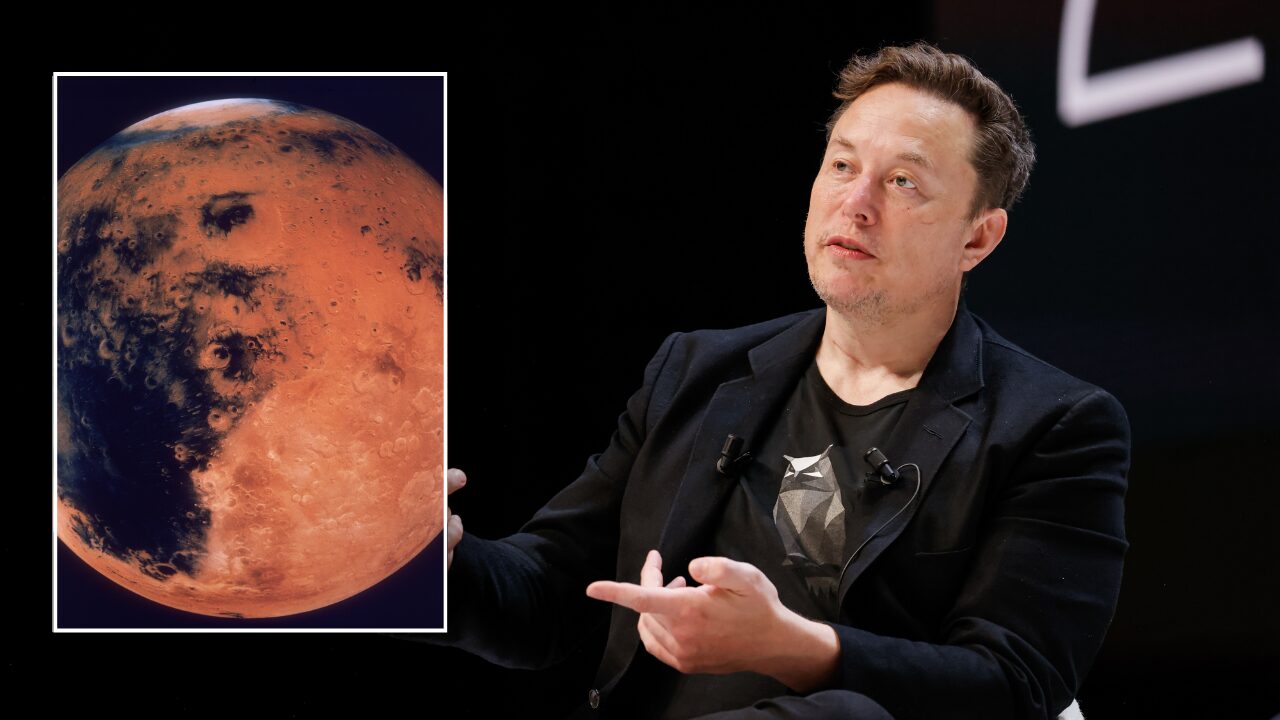SpaceX founder Elon Musk made bold predictions about human life on Mars in a series of social media posts on Saturday.
Writing on X, Musk made the forecasts in response to a post by Bill Ackman promoting a “Make America Healthy Again” ad posted by Robert F. Kennedy’s former running mate Nicole Shanahan.
“Without our health and that of our children, we have nothing,” Ackman wrote. “And for those who care about our economy, national debt, and deficits, there is no more important initiative.”
Musk used Ackman’s tweet as a jumping-off point to discuss how colonizing Mars could improve humanity.
JUDGE ORDERS MUSK’S X IMMEDIATELY SHUTDOWN IN BRAZIL
“The first Starships to Mars will launch in 2 years when the next Earth-Mars transfer window opens,” Musk explained. “These will be uncrewed to test the reliability of landing intact on Mars.”
“If those landings go well, then the first crewed flights to Mars will be in 4 years.”
The entrepreneur added that the idea of establishing a sustainable human settlement on Mars within two decades is not out of reach.
X CLOSES BRAZILIAN OFFICE AFTER JUDGE THREATENS ARRESTS OVER CENSORSHIP ORDERS
“Flight rate will grow exponentially from there, with the goal of building a self-sustaining city in about 20 years,” Musk continued. “Being multiplanetary will vastly increase the probable lifespan of consciousness, as we will no longer have all our eggs, literally and metabolically, on one planet.”
The Starship spacecraft is designed to be “a fully reusable transportation system designed to carry both crew and cargo to Earth orbit, the Moon, Mars and beyond.” SpaceX’s website notes that Mars is one of Earth’s “closest habitable neighbors,” and has “decent sunlight.”
“It is a little cold, but we can warm it up,” SpaceX’s website notes. “Its atmosphere is primarily CO2 with some nitrogen and argon and a few other trace elements, which means that we can grow plants on Mars just by compressing the atmosphere.”
CLICK HERE TO READ MORE ON FOX BUSINESS
“Gravity on Mars is about 38% of that of Earth, so you would be able to lift heavy things and bound around,” the site continues. “Furthermore, the day is remarkably close to that of Earth.”
